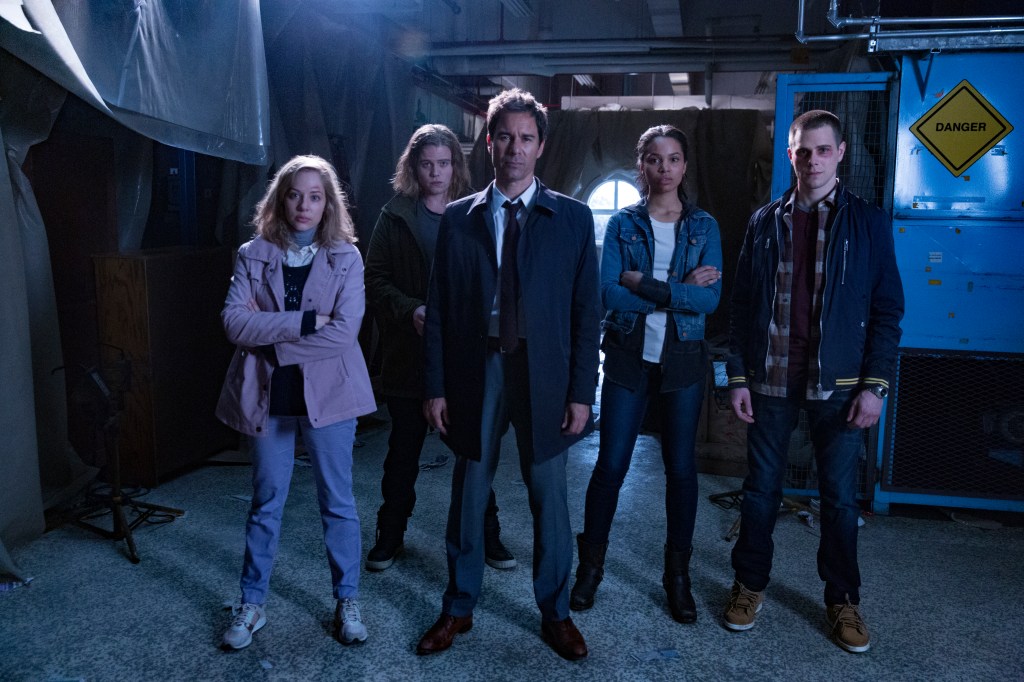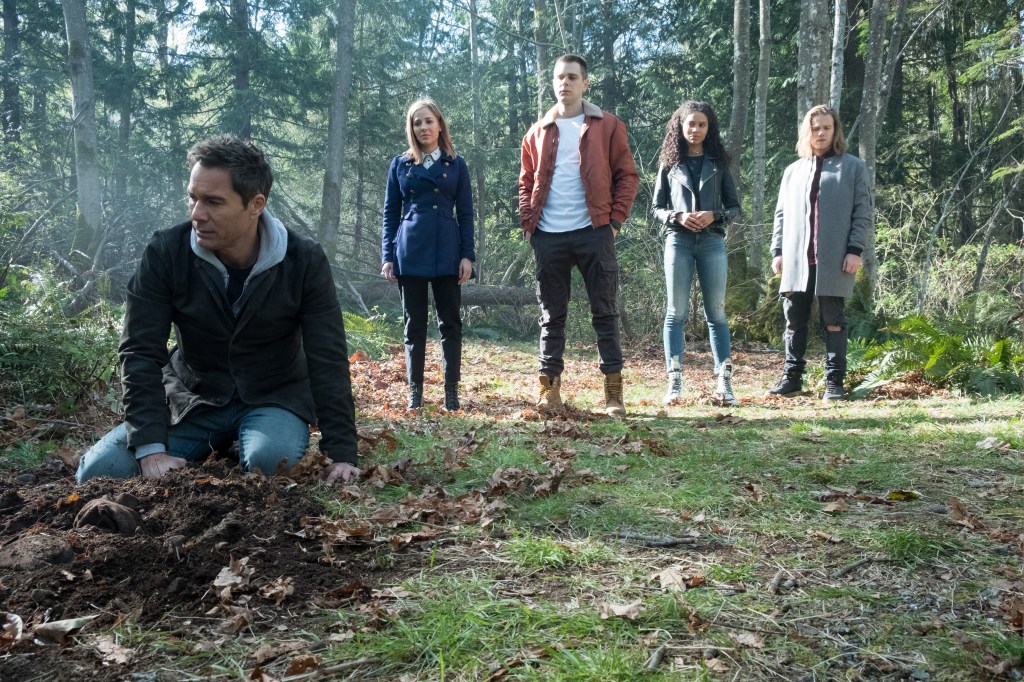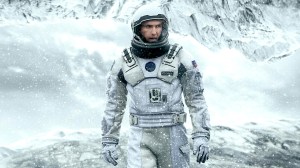A perfect 100% score on Rotten Tomatoes is a rare feat for any television series, but it is especially noteworthy in the science fiction genre, where complex ideas often divide audiences. Within Netflix’s extensive catalog, one such series has managed to garner critical acclaim for all of its seasons, yet it remains one of the platform’s best-kept secrets. The show rejects the grand-scale historical tourism common in time travel stories, presenting instead a chillingly plausible thriller about saving a ruined future. Its core concept is a stroke of genius: agents from a bleak tomorrow do not physically travel to the past. Instead, their consciousness is transmitted into the bodies of individuals recorded as dying in the 21st century, taking over just moments before their host’s scheduled demise.
Videos by ComicBook.com
The series is Travelers, a Canadian co-production that ran for three seasons before being canceled. The story follows a five-person team of these temporal agents, led by an operative who assumes the identity of FBI Agent Grant MacLaren (Eric McCormack). His unit includes a medic, Marcy Warton (Mackenzie Porter), who inhabits the body of an intellectually disabled woman; a tactician, Carly Shannon (Nesta Cooper), who finds herself a single mother in an abusive relationship; an engineer, Trevor Holden (Jared Abrahamson), one of history’s oldest souls placed in the body of a high school athlete; and a historian, Philip Pearson (Reilly Dolman), who is burdened by the foreknowledge of when everyone around him is supposed to die. These operatives must navigate the complicated lives of their hosts while executing missions sent from the “Director,” a quantum AI in the future.
Travelers’ Grounded Approach to Saving the World

Travelers immediately distinguishes itself from other time travel sagas by deliberately avoiding the genre’s biggest temptations. There are no trips to witness the signing of the Declaration of Independence or to prevent the sinking of the Titanic. The team’s missions are surgical, focused, and often morally ambiguous. They are tasked with averting the invention of a new energy source that backfires catastrophically or preventing a specific agricultural blight that would lead to famine. These assignments are dictated by the Director with machine-like logic, providing only the information necessary to complete the objective. This procedural format creates a unique form of suspense rooted in execution and improvisation rather than historical spectacle. Furthermore, the operatives are not all-knowing gods of time, but soldiers following orders based on imperfect historical data.
Due to its premise, the primary conflict in Travelers rarely comes from an external villain but rather from the inherent chaos of the 21st century and the flawed nature of the Director’s plans. A mission can be jeopardized by something as simple as a traffic jam, a misremembered password from a host’s life, or the unpredictable emotional response of a target. The team is constantly forced to adapt, making difficult choices that were never part of the original plan. This focus on small-scale interventions with massive consequences allows the series to explore the butterfly effect in a much more tangible way. It argues that the future is not saved with one grand gesture, but through a thousand tiny, difficult decisions made by people who are simply trying to follow their orders.
Travelers Is a Character Study Disguised as a Sci-Fi Procedural

While the clever time travel mechanics provide the hook, the heart of Travelers is its deep exploration of identity, sacrifice, and the psychological weight of its premise. The central conflict for every character is the permanent disconnect between their mission-driven mind and the life they have been forced to inhabit. After all, they have stolen lives, inheriting families, relationships, and problems for which they are completely unprepared. For instance, Agent MacLaren must navigate a complex marriage with a woman who is a stranger to him. In addition, Carly Shannon must protect a child who is not hers from a man her host once loved. This duality is the source of the show’s most powerful dramatic material, grounding its high-concept plot in relatable human emotion.
Travelers also excels at examining the immense personal toll of the mission. The characters are haunted by the desolate future they escaped, yet they are forbidden from forming genuine attachments to the vibrant world they are trying to save. This internal struggle is perfectly embodied by the team’s historian, Philip. His mind contains the historical records of every major and minor death to come, a burden that drives him to addiction as he grapples with the morality of their work.
Perhaps the most compelling arc belongs to Marcy, whose host was a woman with a severe learning disability. Her sudden recovery is a miracle to her devoted social worker, David (Patrick Gilmore), and their evolving relationship becomes one of the show’s emotional anchors. Unsurprisingly, their bond raises profound questions about whether the mission justifies erasing the person who came before. By focusing so intensely on these internal struggles, Travelers becomes a resonant drama about flawed people trying to do the right thing under impossible circumstances.
Although Netflix canceled the series after its third season, the finale of Travelers provides a definitive and thought-provoking conclusion to its story, making it a complete and satisfying experience for new viewers. So, giving this underrated and underwatched sci-fi series a chance doesn’t even come with the downside of an unfulfilled cliffhanger.
Travelers is available on Netflix.
What do you think of Travelers? Leave a comment below and join the conversation now in the ComicBook Forum!









